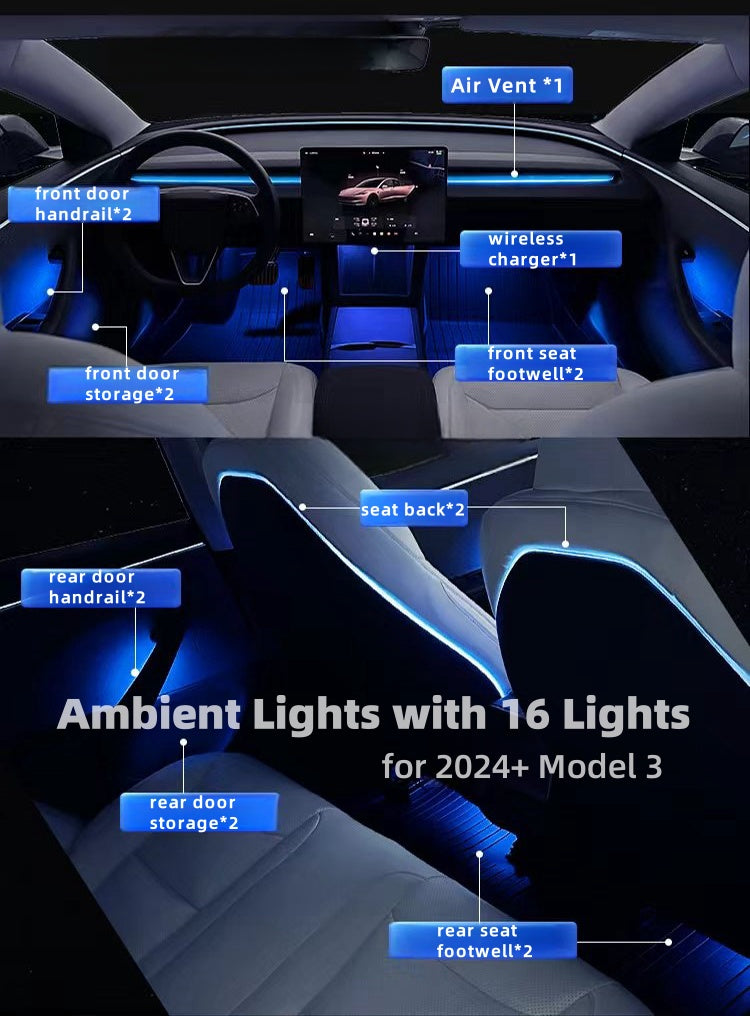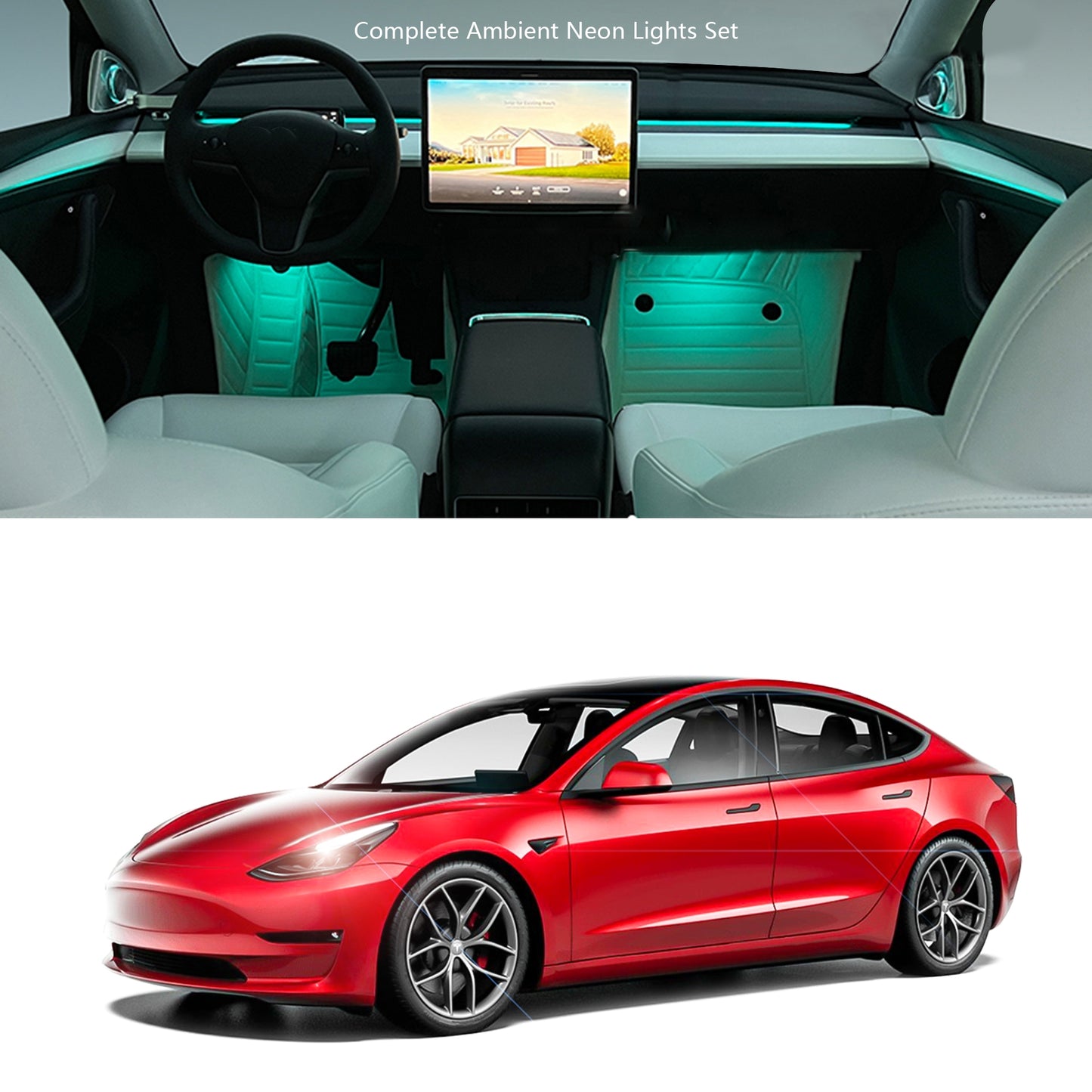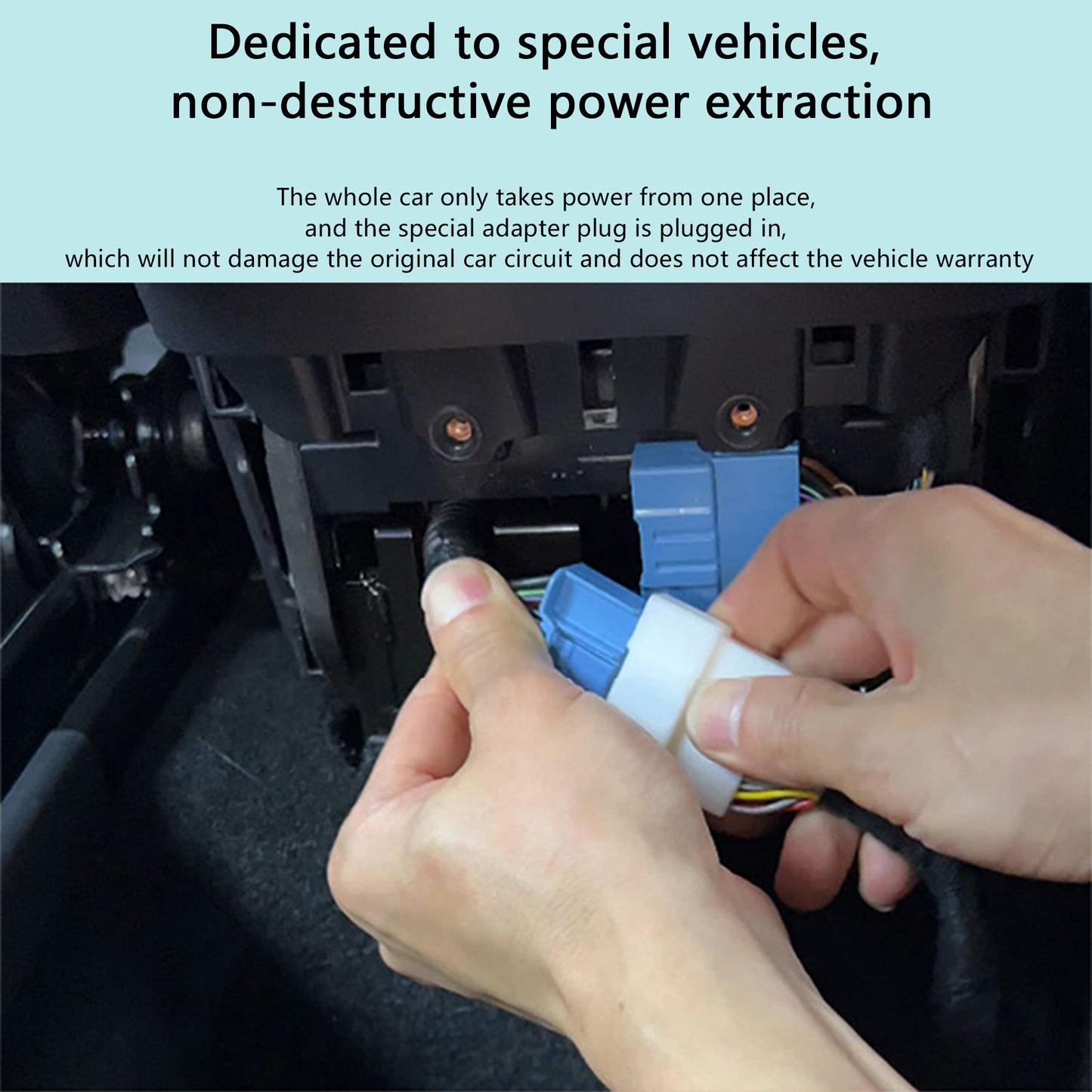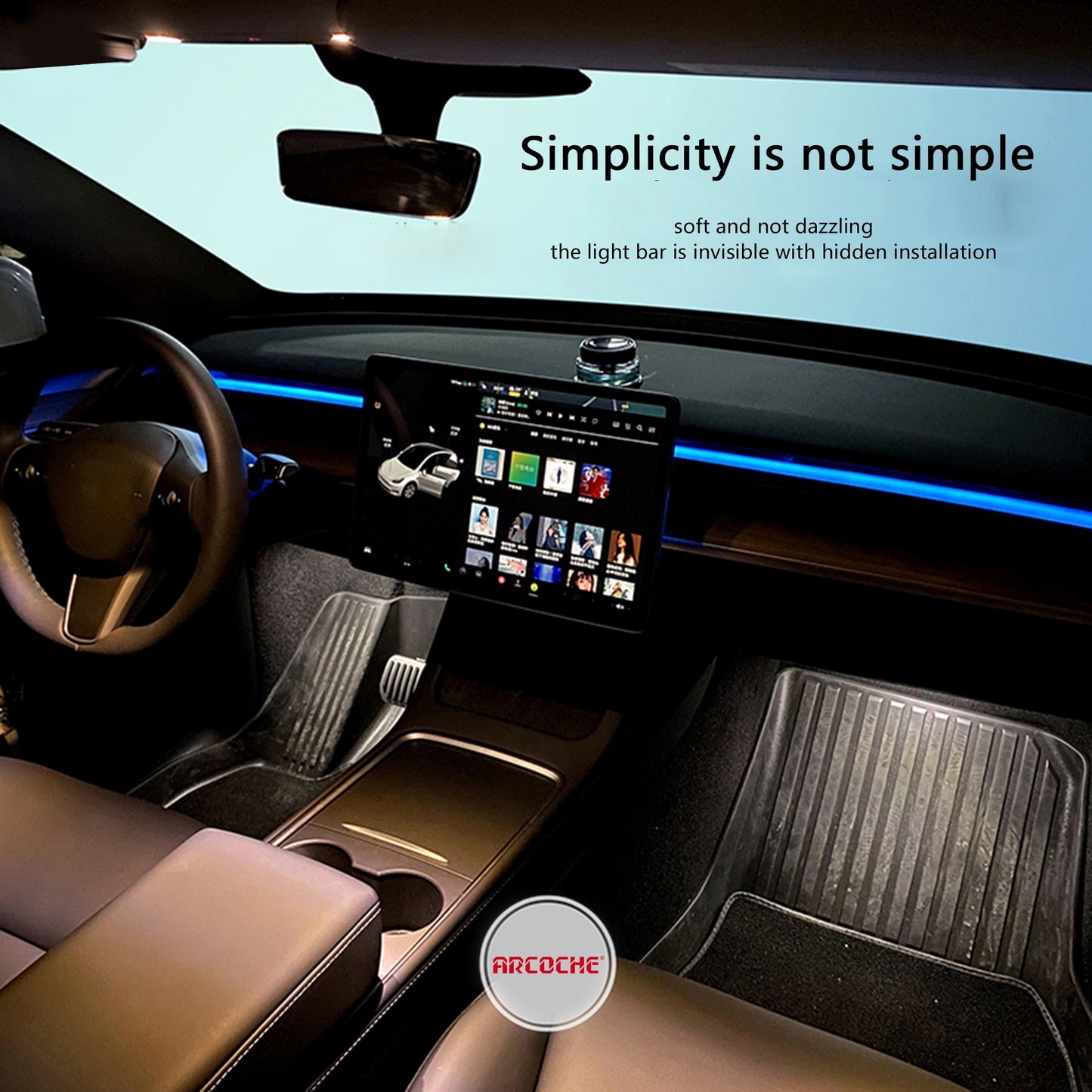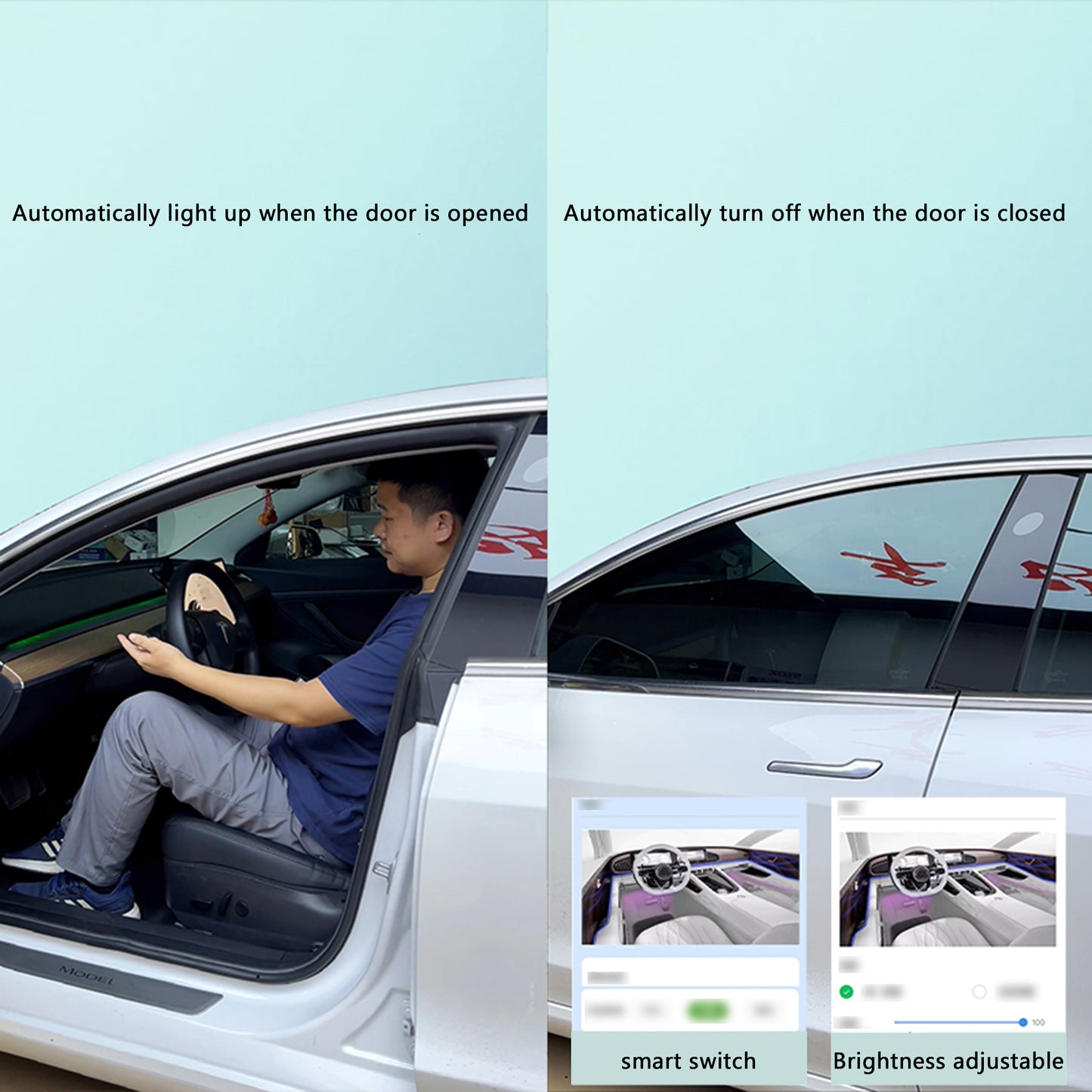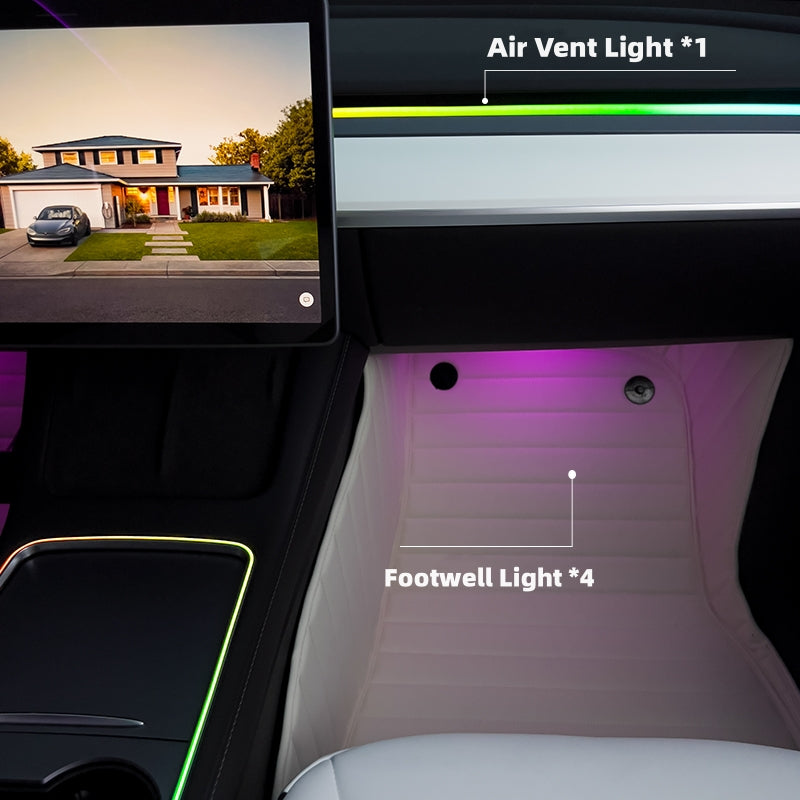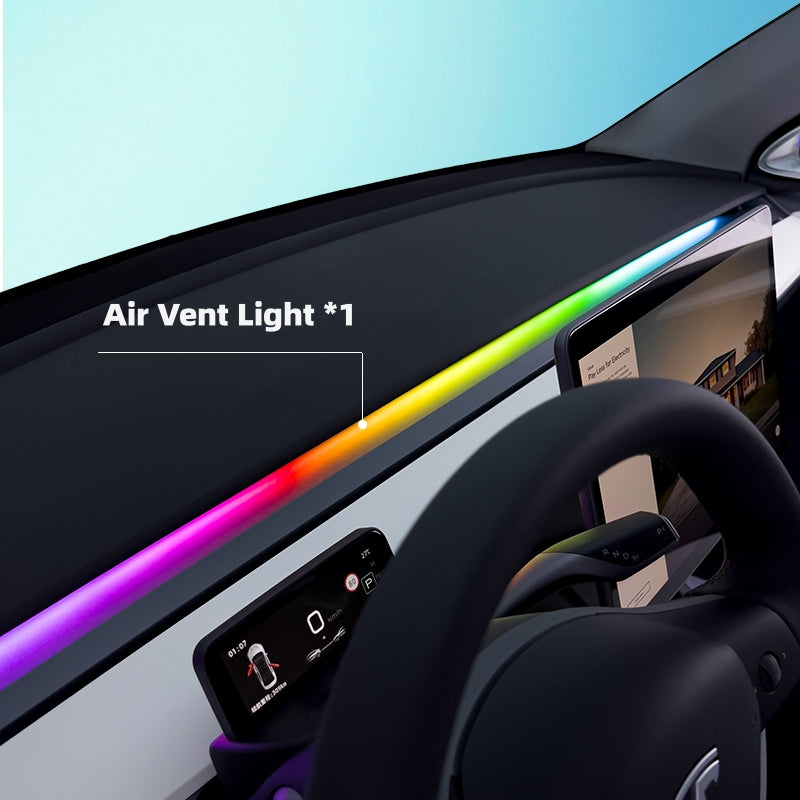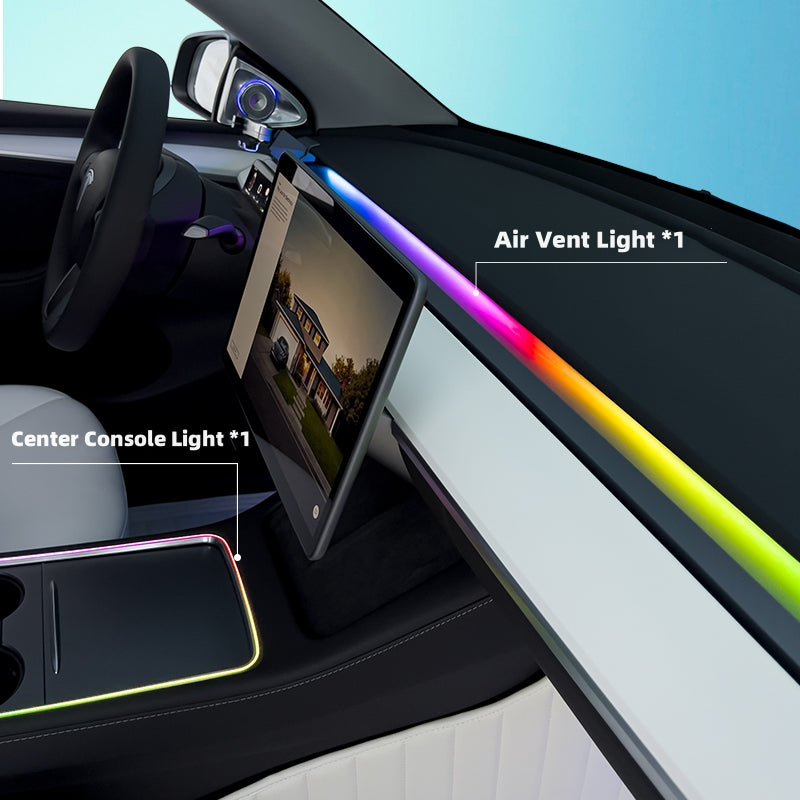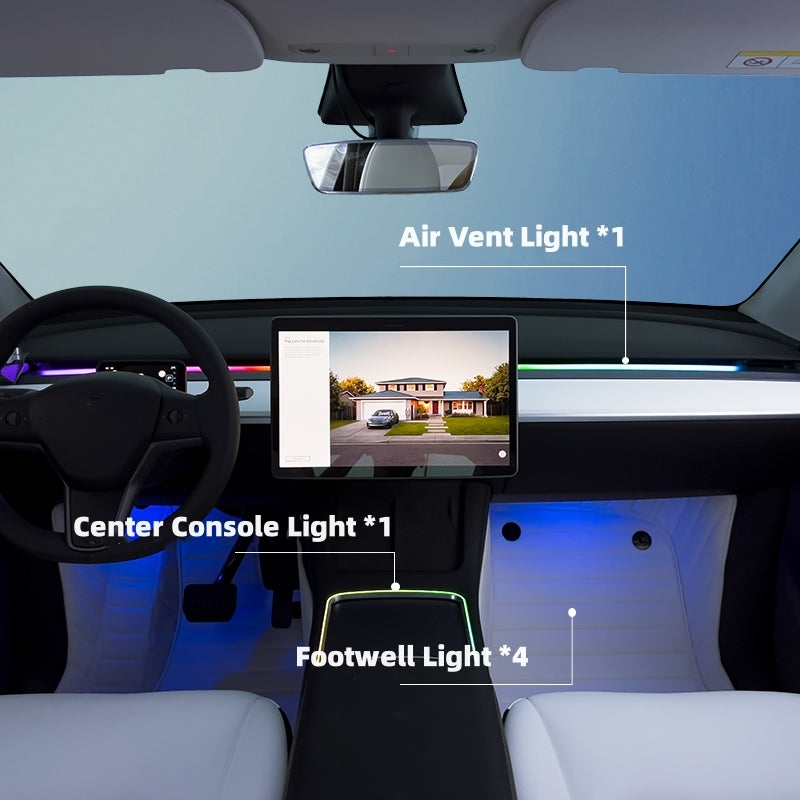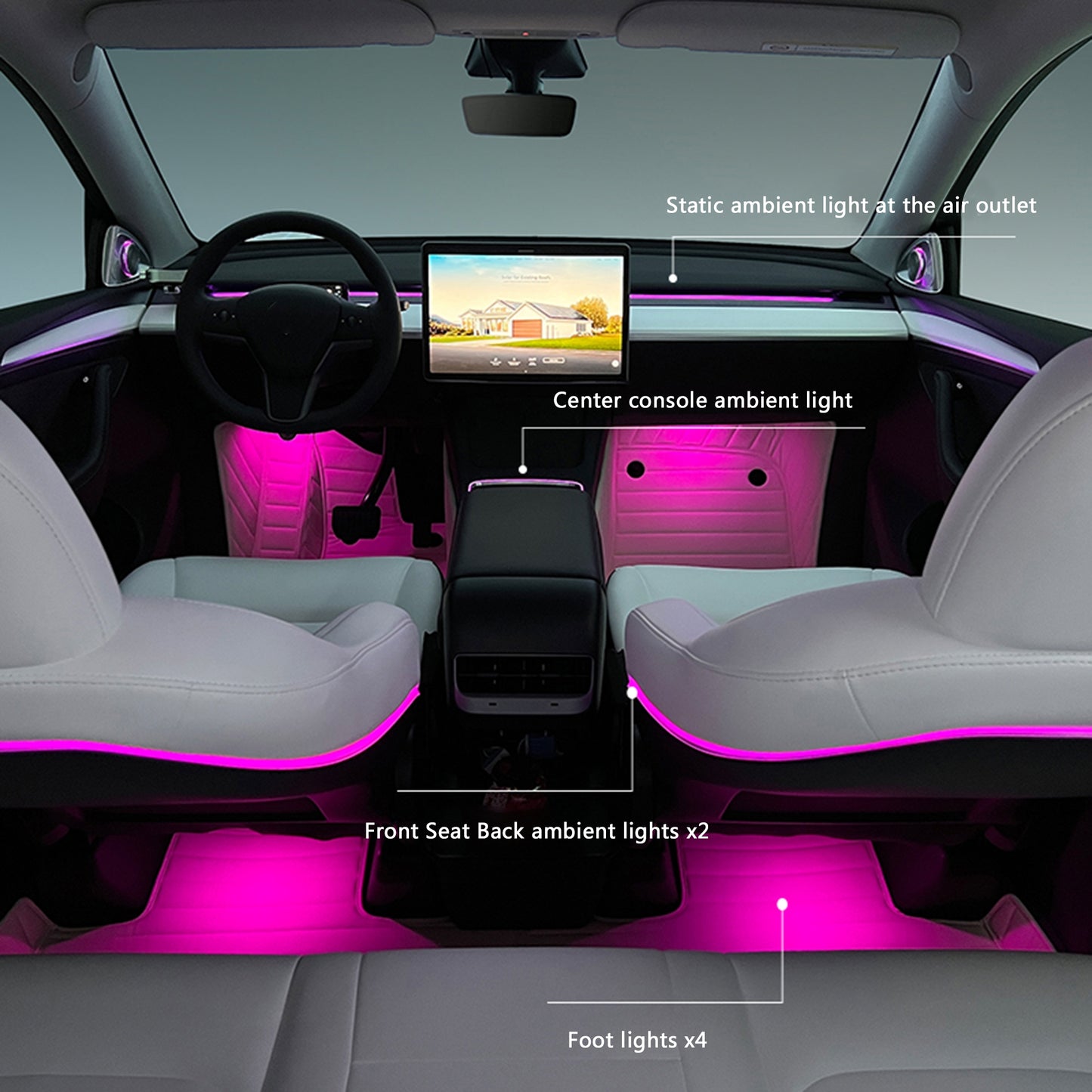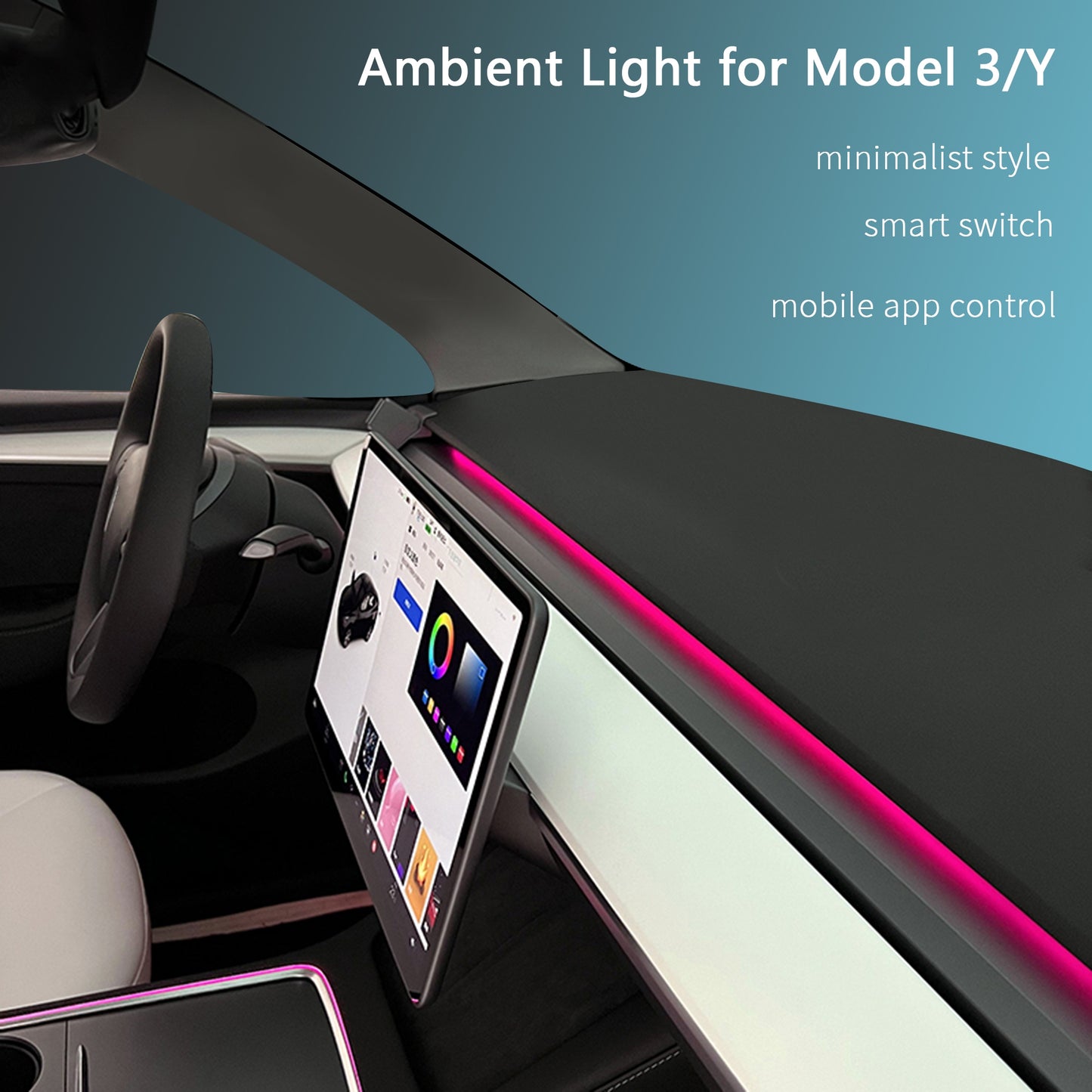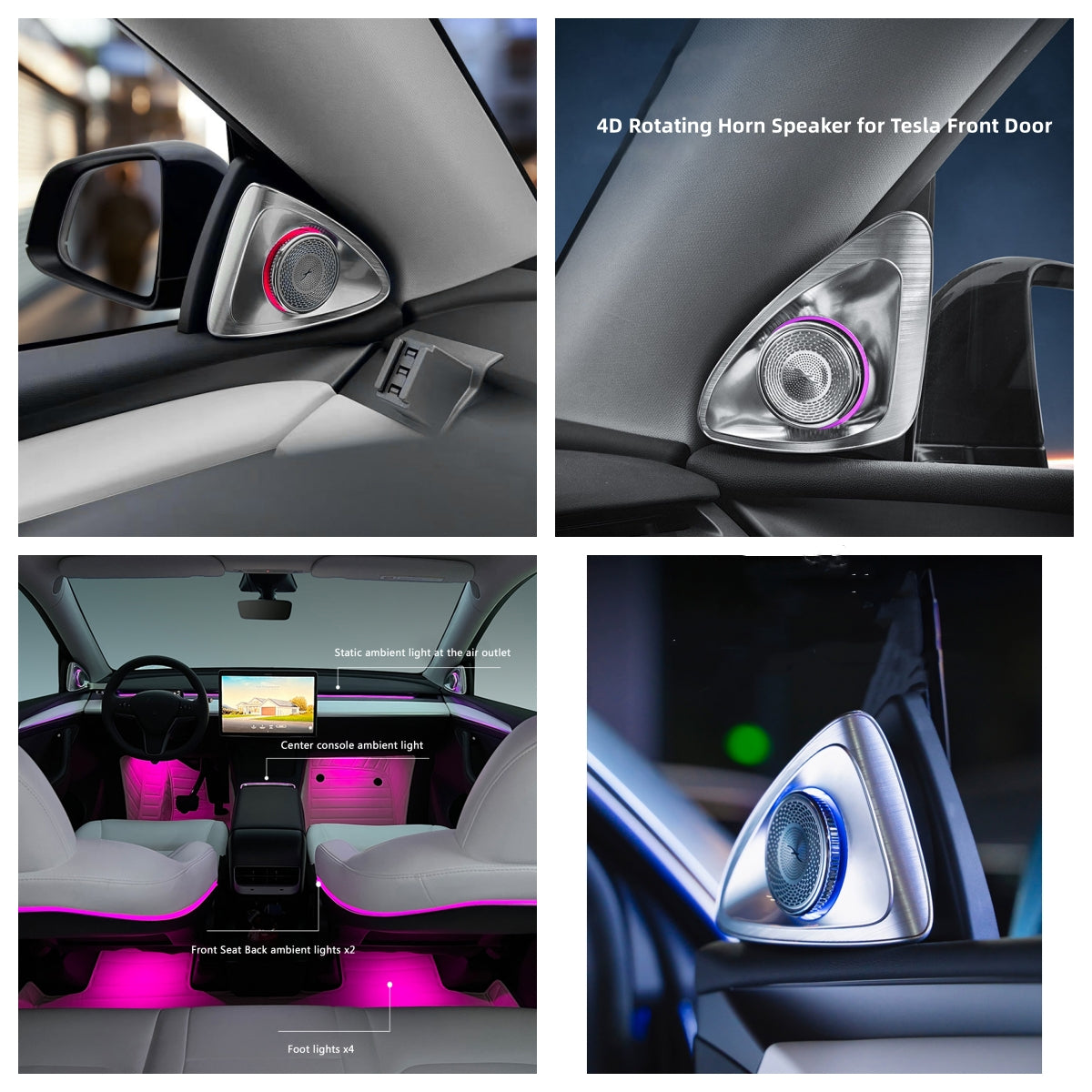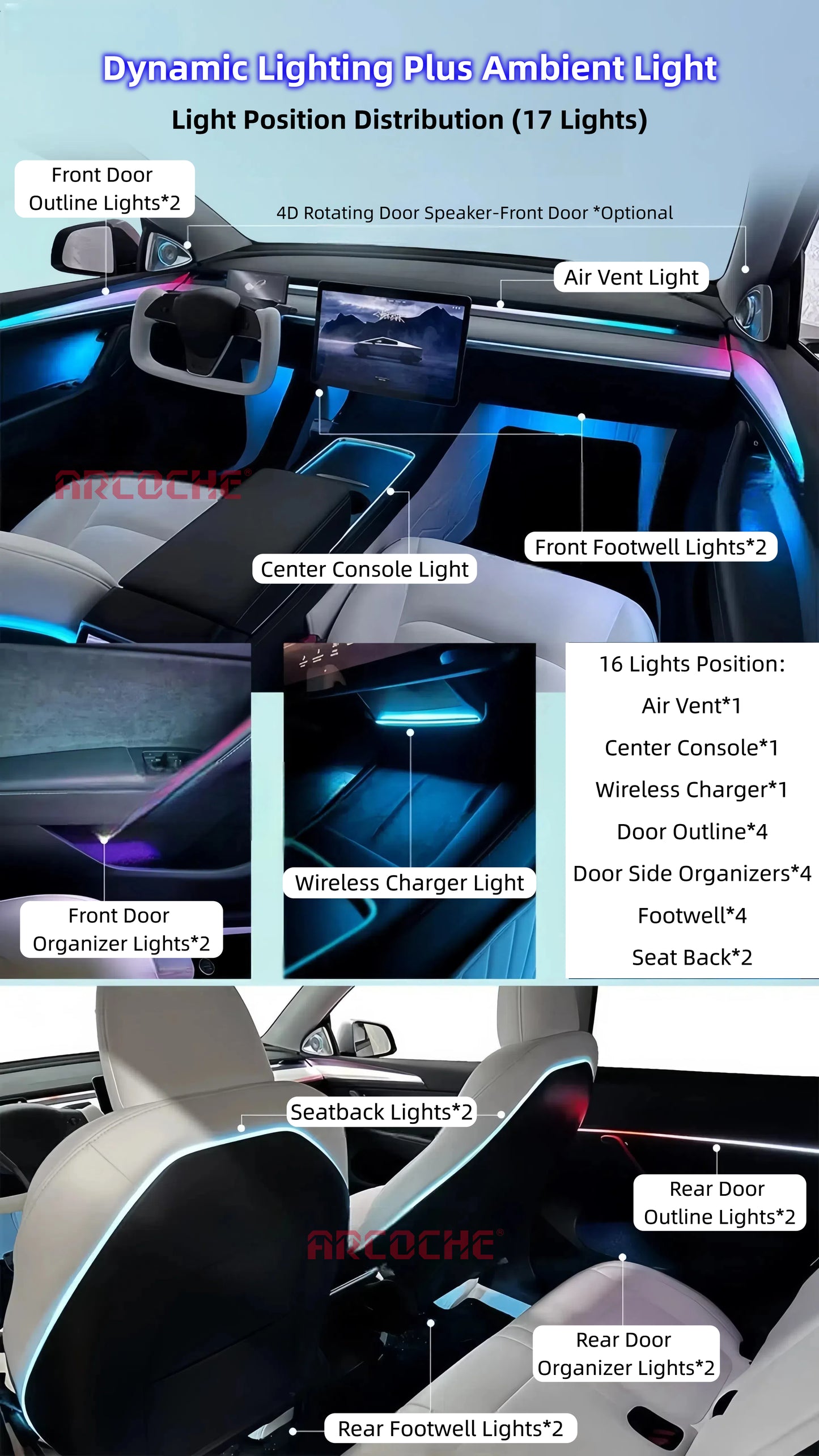
Hertz plant, stattdessen von einer Flotte von 20.000 Elektrofahrzeugen zum Erwerb von Benzinautos zu wechseln.
Hertz, ein Unternehmen, das kürzlich sein Engagement für Elektrofahrzeuge betonte, hat beschlossen, seine Elektrofahrzeugflotte zu verkleinern, indem es etwa 20.000 Elektrofahrzeuge verkauft, was einem Drittel seiner Elektroflotte entspricht. Die durch diesen Verkauf erzielten Mittel werden in die Anschaffung weiterer benzinbetriebener Fahrzeuge umgeleitet.
Hertz verweist auf die finanziellen Herausforderungen, die mit Elektrofahrzeugen verbunden sind, und verweist auf die höheren Kosten für Unfall- und Schadensreparaturen, die doppelt so hoch sein können wie bei vergleichbaren Fahrzeugen mit Verbrennungsmotor. CEO Stephen Scherr erklärte, dass trotz geringerer Wartungskosten die Kombination aus höheren Reparaturkosten und höherer Abschreibung das Endergebnis beeinträchtigt habe.
Der Preisverfall bei Elektrofahrzeugen, der insbesondere durch Teslas aggressive Preisstrategie beeinflusst wurde, hat zu einem Rückgang des Wiederverkaufswerts der gebrauchten Elektroautos von Hertz beigetragen. Dieser Preistrend hat aufgrund der Wertminderung der Elektrofahrzeuge zu einem geschätzten Verlust von rund 245 Millionen Dollar für Hertz geführt.
Hertz macht Tesla zwar nicht explizit dafür verantwortlich, weist aber darauf hin, dass etwa 80 % seiner Elektroflotte aus Tesla-Fahrzeugen besteht und Elektrofahrzeuge insgesamt etwa 11 % der gesamten Mietflotte des Unternehmens ausmachen. Die wettbewerbsfähigen Preismaßnahmen von Tesla haben einen Dominoeffekt auf dem gesamten Elektrofahrzeugmarkt ausgelöst, der zu niedrigeren Preisen für neue Elektrofahrzeuge führte und sich in der Folge auf den Wert gebrauchter Modelle auf dem Markt auswirkte.
Autovermietungen wie Hertz sind stark vom Gebrauchtwagenmarkt abhängig und bei der Auswahl der Fahrzeuge für ihre Flotten spielt der Wertverlust eine entscheidende Rolle in ihrer Geschäftsstrategie.
Tesla ist ein relativ neuer Akteur in der Automobilbranche und steht im Vergleich zu etablierteren Automobilherstellern wie GM vor Herausforderungen im Zusammenhang mit der Verfügbarkeit von Ersatzteilen und einem Mangel an ausgebildeten Reparaturtechnikern. Hertz-CEO Stephen Scherr betonte den erheblichen Vorteil, den ältere Unternehmen haben, da sie über Jahrzehnte hinweg ein robustes nationales Teileversorgungsnetz und einen ausgereiften Ersatzteilmarkt aufgebaut haben, den Tesla noch immer aufbaut.
Abgesehen von den Kosten und dem Zeitaufwand, die mit Reparaturen verbunden sind, wies Scherr darauf hin, dass Elektrofahrzeuge, insbesondere Teslas, die 80 % der Elektrofahrzeugflotte von Hertz ausmachen, anfälliger für Unfälle sind. Um diese Probleme anzugehen, arbeitet Hertz aktiv mit Tesla zusammen, um die Leistung ihrer Fahrzeuge zu verbessern, das Risiko von Schadensfällen zu minimieren und die Beschaffung von Teilen und Arbeitskräften zu rationalisieren.
------Der Artikel stammt aus CNN Business.



